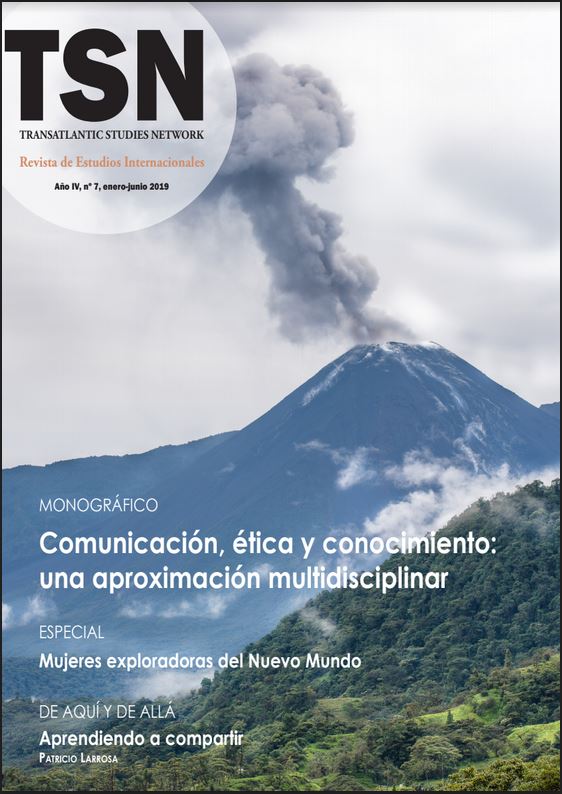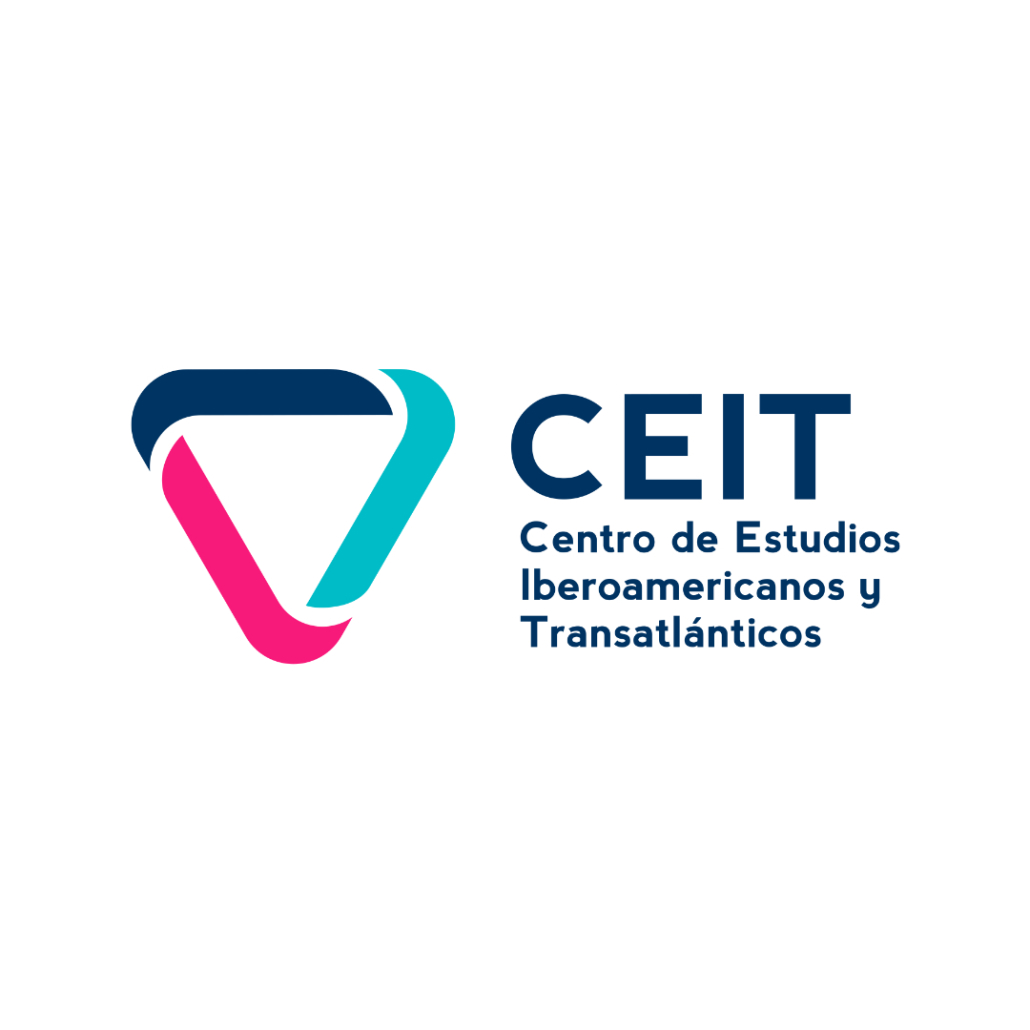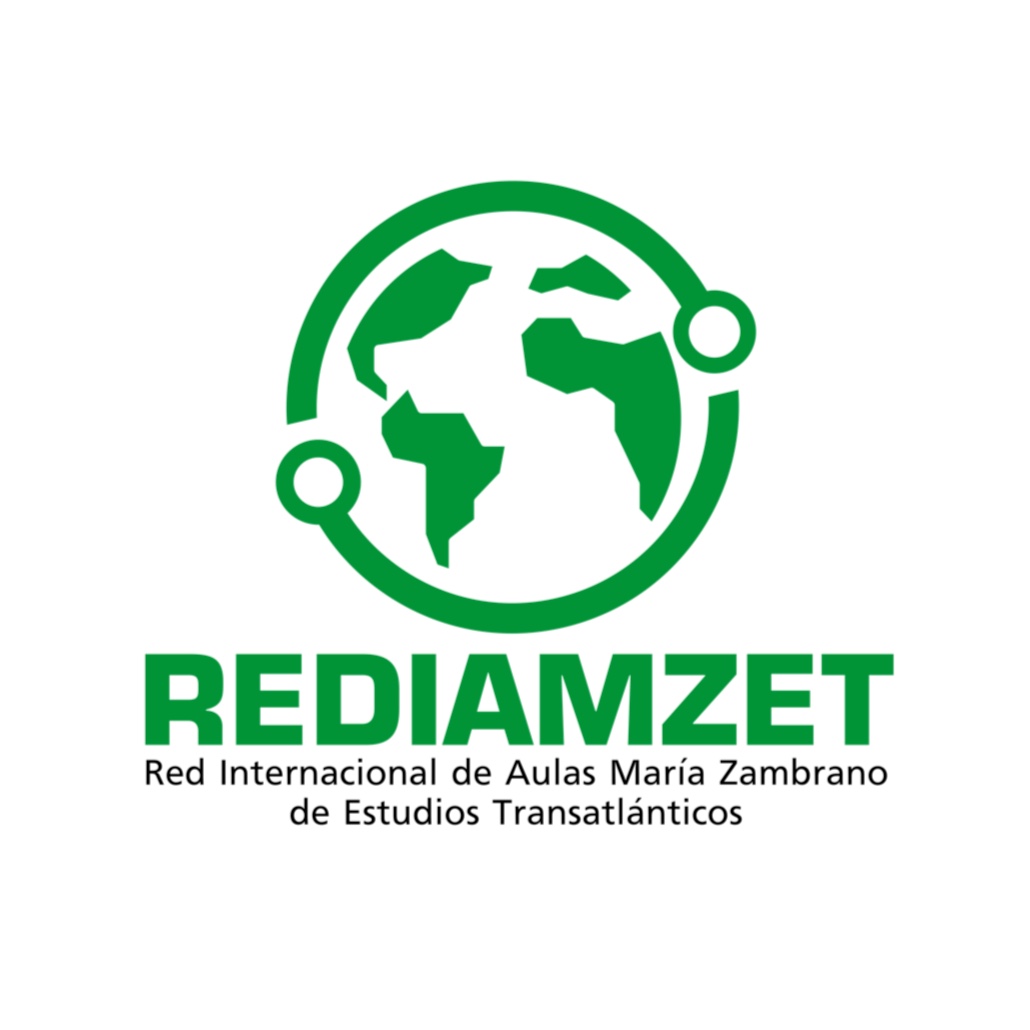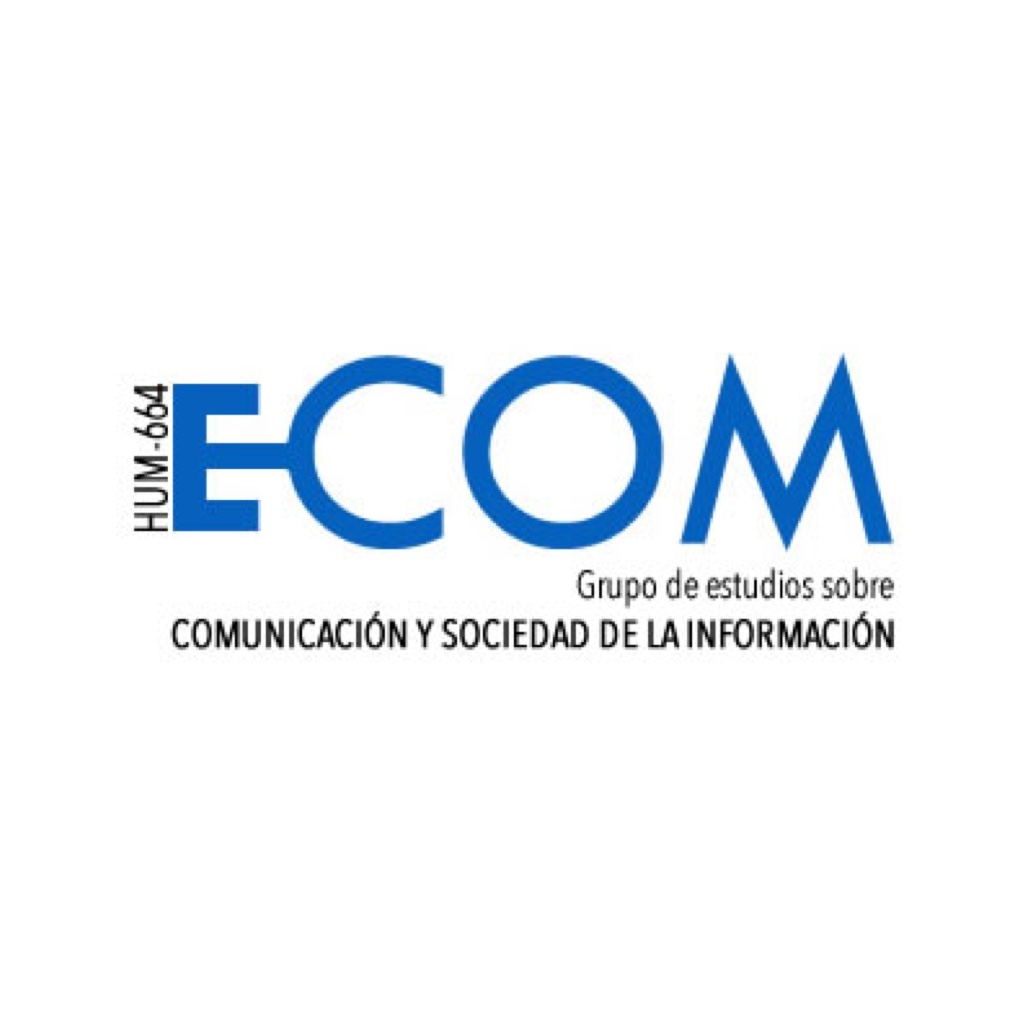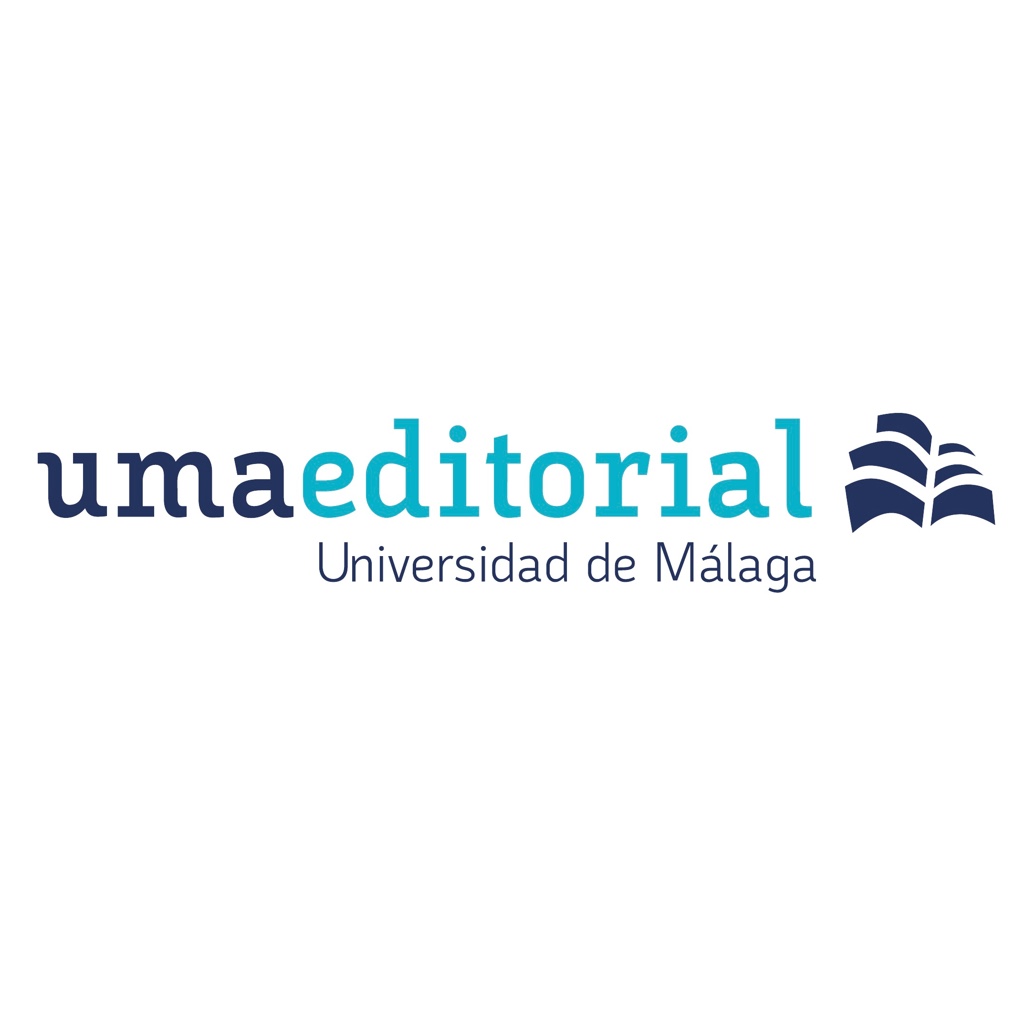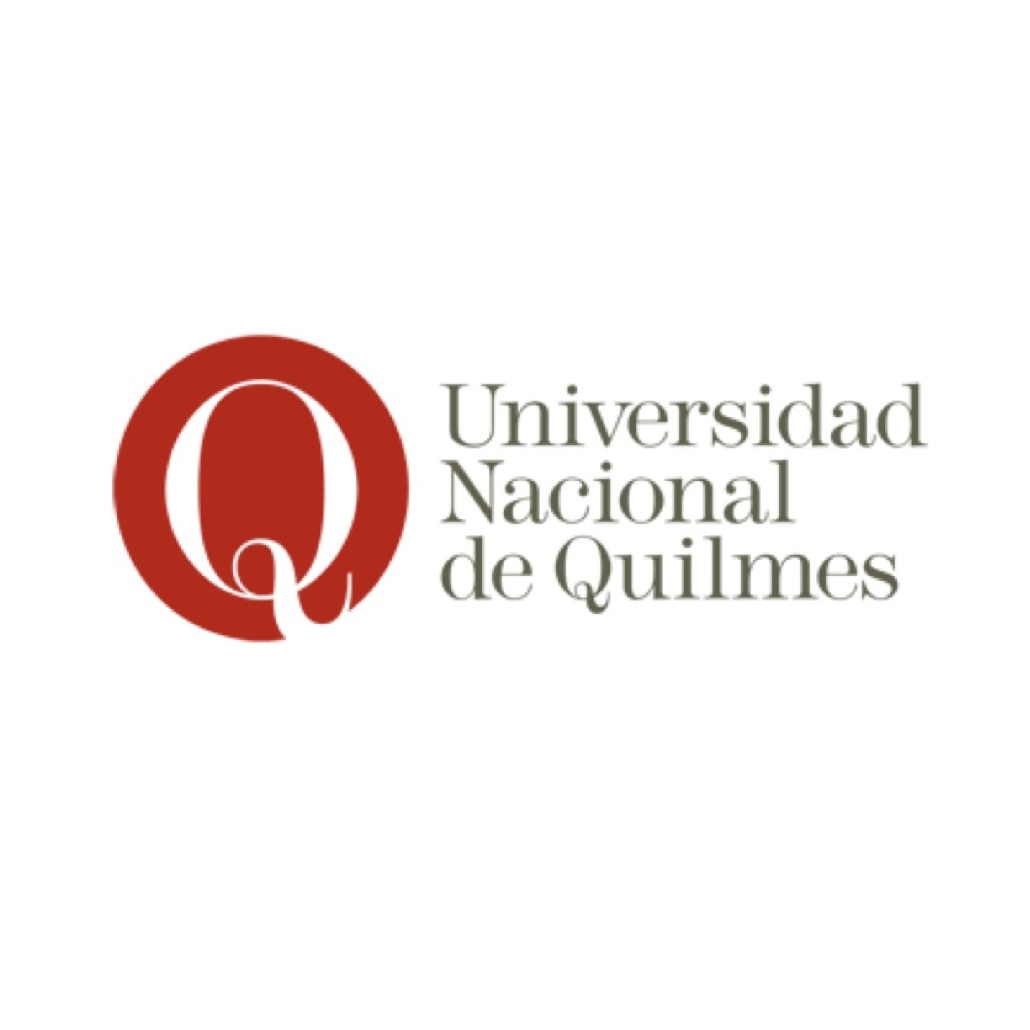The technological reversal of the means/end relationship: the environment ‘media’
Keywords:
Communication, experience, information (age of), mass media, means/ends (relationship), ICTAbstract
The digital revolution, which makes ICT the theme of our time, culminates the current process of converting means into ends. Unlike the modern times in which the humanist man could claim his subjectivity and with it the dominion over the technological instrumentation, today the technical medium has experienced such a gigantic metamorphosis that has become an end in itself. This reversal of the means/ends relationship, which forces the resignification of humanist theoretical frameworks, also forces us to rethink the media par excellence, the mass media, which, converted
into an end, constitute the environment «media».
Downloads
Metrics
References
Baudrillard, J. (1987): L’autre par lui même. Habilitation. París: Éditions Galilée.
Capurro, R., Eldred, M. y Nagel, D. (2013): Digital whoness: Identity, privacy and freedom in the cyberworld. Fráncfort del Meno: Ontos Verlag.
Derrida, J. (1972): La dissémination. París: Éditions du Seuil.
Echeverría, J. (1999): Los señores del aire. Telépolis y el tercer entorno. Barcelona: Destino.
Gabelas, J. A., Marta Lazo, C. y Aranda, D. (2012): «Por qué las TRIC y no las TIC», en COMeIN. Revista de los Estudios de Ciencias de la Información y de la Comunicación, 9 de marzo. Recuperado de: https://www.uoc. edu/divulgacio/comein/es/numero09/articles/Article-Dani-Aranda.html
Galimberti, U. (2009): Psiche e techne. L’uomo nell’età della tecnica. Milán: Feltrinelli Editore.
Harari, Y. N. (2015): Sapiens. A brief history of humankind. Londres: Vintage Books.
— (2017): Homo Deus. A brief history of tomorrow. Londres: Vintage Books.
— (2018): 21 Lessons for the 21st Century. Londres: Jonathan Cape, Vintage Books.
Heidegger, M. (1992): Die Technik und die Kehre (1953). Sttutgart: Klett-Cotta.
— (2000): Über den Humanismus (1946). Fráncfort del Meno: Vittorio Klostermann.
Kerkhove, D. de (1997): Connected intelligence: The arrival of the Web society. Toronto: Somerville House Books.
Koselleck, R. (1988): Vergangene Zukunft. Zur Semantik geschichtlicher Zeiten. Fráncfort del Meno: Suhrkamp.
Lipovetsky, G. (1983): L’ère du vide. Essais sur l’individualisme contemporain. París: Éditions Gallimard.
Marín-Casanova, J. A. (1999): «The rhetorical centrality of Philosophy: From the old metaphysics to the new rhetoric», en Philosophy and Rhetoric, 32 (2), pp. 160-174.
— (2001): «La filosofía en forma: el fondo metafórico», en Logos. Anales del Seminario de Metafísica, 3, pp. 267-281.
— (2002): «La retórica como valor emergente en el tercer entorno», en Argumentos de Razón Técnica. Revista Española de Ciencia, Tecnología y Sociedad, 5, pp. 85-113.
— (2006): «La superficie digital: metáfora, escatología y revolución», en Argumentos de Razón Técnica. Revista Española de Ciencia, Tecnología y Sociedad, 9,
pp. 63-85.
— (2009): Contra natura. El desafío axiológico de las nuevas tecnologías. Sevilla: Grupo Nacional de Editores/
Ediciones Paso-Parga.
— (2013): «Tan real como la ficción», en Philologia Hispalensis, 27 (3/4), pp. 25-49.
— (2016): «La innovación epistémica reticular», en Opción. Revista de Ciencias Humanas y Sociales, 32 (80), pp. 112-140.
— (2018a): «Tecnoimagologías mundanas. De la imagen como realidad a la realidad como imagen», en Marta-Lazo, C.: Nuevas realidades en la comunicación audiovisual. Madrid: Editorial Tecnos, pp. 309-323.
— (2018b): «La resemantización TIC de la cultura humanista», en Index Comunicación. Revista Científica en el Ámbito de la Comunicación Aplicada, 8 (1), pp. 179-195.
Molinuevo, J. L. (2004): Humanismo y nuevas tecnologías. Madrid: Alianza Editorial.
Natoli, S. (2004): Estar en el mundo. Un paseo por el tiempo presente. Barcelona: Editorial Graó.
Negroponte, N. (1995): Digital being. Nueva York: Alfred A. Knopf Publishers.
Ortega y Gasset, J. (1997): Meditación de la técnica (1939). Madrid: Santillana.
Queraltó, R. (2003): Ética, tecnología y valores en la sociedad global. El caballo de Troya al revés. Madrid: Tecnos.
Serna, J. (2017): El tiempo en zigzag. La crisis de las certezas en el nuevo milenio. Barcelona: Anthropos Editorial.
— (2018): El mamífero infeliz. La razón al servicio del reptil. Barcelona: Anthropos Editorial.
Sloterdijk, P. (1999): Regeln für den Menschenpark. Ein Antwortschreiben zu Heideggers Brief über den Humanismus. Fráncfort del Meno: Suhrkamp Verlag.
Turkle, S. (1997): Life on the screen: Identity in the age of the Internet. Nueva York: Touchstone Books.
— (2013): «Once upon a screen», en The Editors of Time: The science of you. The factors that shape your personality. Nueva York: Time Books.
— (2016): Reclaiming conversation. The power of talk in a digital age. Nueva York: Penguin Books.
Vattimo, G. (1990): La sociedad transparente. Barcelona: Paidós/ICE-UAB.
— (1997): «È una rete senza centro ma ci dà un premio: la libertà», en Telèma, 8.
Downloads
Published
How to Cite
Issue
Section
License
Copyright (c) 2024 TSN. Transatlantic Studies Network

This work is licensed under a Creative Commons Attribution-NonCommercial-ShareAlike 4.0 International License.

